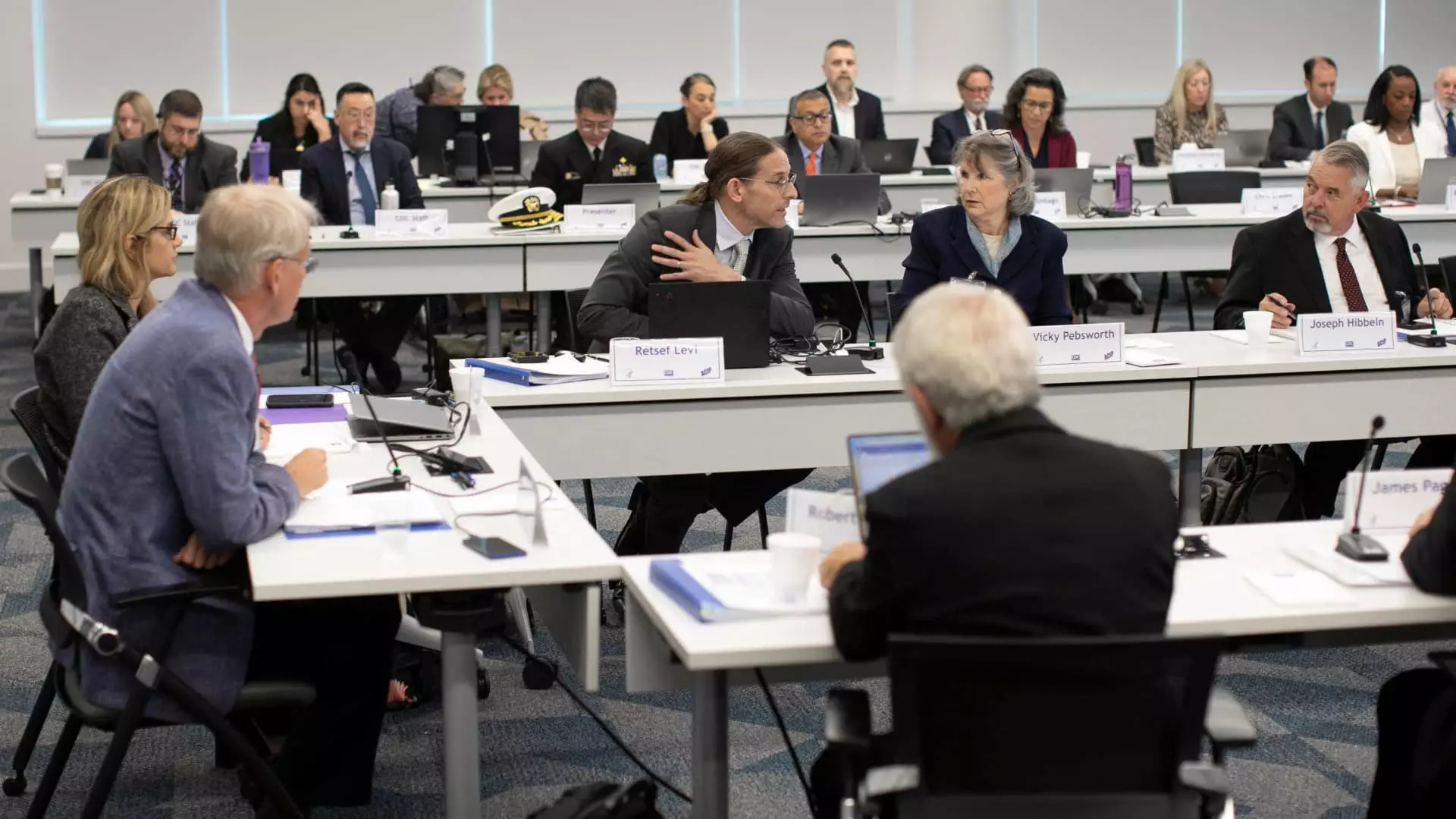The recent decision by the CDC’s Advisory Committee on Immunization Practices (ACIP) to soften Covid vaccine recommendations marks a troubling shift in public health policy. This change, driven by politically appointed figures like Robert F. Kennedy Jr., underscores a move away from the uniform, science-backed approach that prioritized universal access to Covid vaccines. Instead, it now advocates for a more individualized, cautious decision-making process, which threatens to erode public confidence and deepen vaccine hesitancy. While some may see this as a pragmatic response to evolving data, the implications suggest a dangerous loosening of standards that could jeopardize collective health efforts and undermine the stability of our healthcare system.
The Implications of Weakened Recommendations
The decision to advise adults and children to consult healthcare providers before receiving Covid vaccines signals an abandonment of a clear, unified message. Previously, authorities championed the idea that everyone above six months should receive updated shots to maximize immunity and curtail the spread of the virus. Now, emphasizing “shared clinical decision-making” risks fragmenting public understanding and compliance. This decentralized approach inadvertently paints vaccines as optional rather than essential, fostering skepticism among populations that still largely trust the efficacy and safety of scientifically scrutinized immunizations. The move also muddies the waters regarding what insurers will cover, leading to confusion and possible disparities in access.
The Role of Political Appointments and Ideological Shifts
The composition of ACIP has become a battleground for ideological influence, with Robert F. Kennedy Jr. and his hand-picked members overtly challenging mainstream scientific consensus. Critics argue that this politicization undermines the credibility of federal health agencies. Several panel members voiced doubts about mRNA technology and questioned data on Covid hospitalization rates—a stark departure from earlier, evidence-based public health guidance. This ideological tilt towards skepticism is not just a political stunt; it poses a serious risk to public health. When debates among experts turn into open critiques of science, trust diminishes, and vaccine uptake declines precisely when high coverage is most vital.
Contradictions and Confusion in State-Level Policies
Adding to the chaos, individual states now diverge from federal recommendations, with some Democratic-led states encouraging broad vaccination campaigns. This dissonance fosters confusion among the public, who are left uncertain about whom to trust. In the absence of a consistent nationwide strategy, vaccine campaigns lose their effectiveness, and marginalized groups may be disproportionately affected. The fact that private insurers are divided in coverage further complicates access. The fractured messaging, combined with an increasingly politicized narrative, risks undermining years of progress in immunization coverage and herd immunity.
The Reality of Vaccine Efficacy and Safety
Despite skeptics’ claims, a wealth of scientific evidence affirms the safety and efficacy of Covid vaccines, particularly mRNA-based shots. Studies have demonstrated that vaccines have saved millions of lives worldwide and continue to be an essential tool in managing the pandemic’s impact. The overwhelming consensus among health experts remains that the benefits far outweigh the rare risks. To undermine this evidence for political or ideological reasons is reckless and dismissive of the scientific enterprise that has underpinned modern medicine’s success. However, the new recommendations seem to ignore existing data and preferentially emphasize individual choice over public health responsibility.
The Commercial and Moral Dilemmas
The influence of pharmaceutical giants like Pfizer and Moderna remains deeply embedded in vaccine policy. Their assurances of safety and effectiveness are often echoed by public health authorities, reinforcing the narrative that vaccines are a cornerstone of safe societal reopening. Yet, the current shift toward prescription-based vaccination diminishes the idea of vaccines as a public good—an accessible health resource for all. It subtly commodifies an intervention meant to protect collective well-being, risking a future where vaccination becomes a privilege rather than a right, especially for underprivileged communities.
The weakening of Covid vaccine recommendations under a politicized and fractured policymaking process is a disservice to the American public. As we face ongoing threats from Covid and future pandemics, it is essential to uphold science, transparency, and equitable access. Decisions rooted in skepticism and individualism may serve short-term political goals but threaten the broader societal effort to control infectious diseases. A robust, science-based vaccination strategy fortified by clear guidance and unwavering public trust remains our best hope for a resilient, healthier future.

